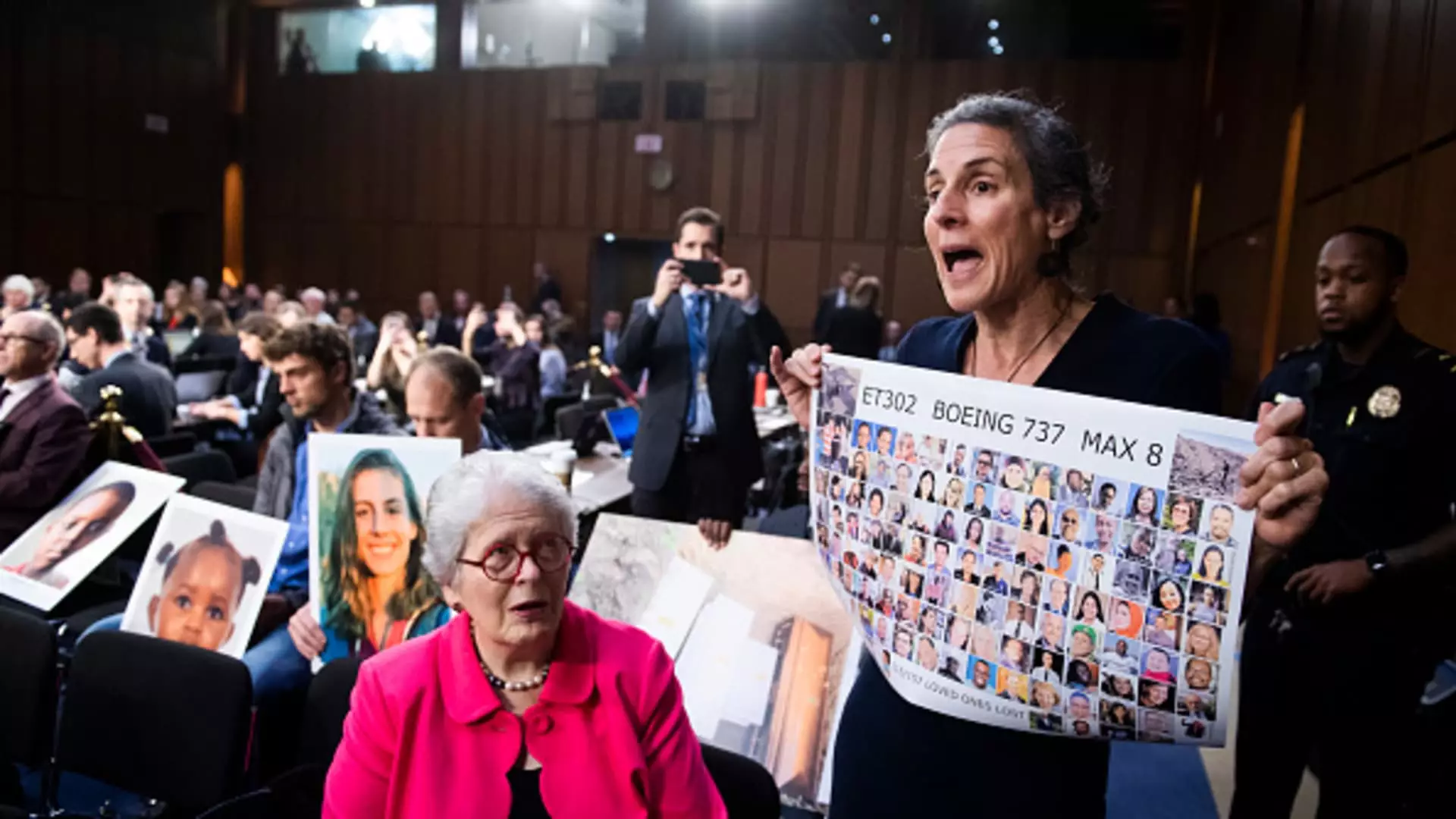The recent ruling by U.S. District Judge Reed O’Connor has marked a significant turning point in Boeing’s ongoing legal struggles surrounding the 737 Max aircraft. This controversy is rooted in tragic incidents that resulted in the loss of 346 lives in two horrific crashes—Lion Air Flight 610 in October 2018 and Ethiopian Airlines Flight 302 in March 2019. The public outcry surrounding these disasters was fueled by revelations that Boeing had misled regulators concerning crucial safety features, particularly the aircraft’s flight-control systems. In light of these events, the implications of the rejected plea deal raise urgent questions about corporate accountability and government oversight.
Judge O’Connor’s rejection of the plea deal can be attributed to significant concerns regarding the inclusion of a government-appointed monitor who was expected to implement diversity, equity, and inclusion policies. The judge expressed skepticism about the potential politicization of the monitor selection process, worrying that race-based considerations might overshadow the basic qualifications necessary for the role. He emphasized the importance of maintaining public confidence in the justice system, particularly given the magnitude of the case. By insisting on a monitor selected purely on merit, O’Connor is advocating for the principle that accountability should not only be just in theory but also in practice.
Erin Applebaum, an attorney representing victims’ families, articulated the frustrations many feel over what has been termed a “sweetheart deal” for Boeing. This perspective underscores the broader sentiment that corporate giants often escape the consequences of their misdeeds through negotiation rather than facing criminal charges in court. The renewed scrutiny over the plea agreement has amplified calls for the Department of Justice (DOJ) to adopt a position of tougher scrutiny towards Boeing. Applebaum’s assertion regarding the need for “real accountability” speaks to a distrust in a system perceived as lenient, one that may prioritize corporate interests over public safety.
The implications of this legal battle extend far beyond Boeing and the DOJ. For a company under intense public scrutiny, the fallout from these crashes has severely affected its reputation and market position. Despite Boeing’s efforts to stabilize operations, including moves to make the 737 Max more appealing to airlines, trust remains eroded among consumers and regulators alike. The court ruling not only impacts Boeing’s financial standing—potentially leading to a fine of up to $487.2 million—but also emphasizes the necessity of stringent oversight going forward.
Furthermore, the looming specter of reputational harm is an unquantifiable risk that Boeing must navigate in the wake of this ruling. To be perceived as prioritizing profit over safety and ethics can have long-lasting ramifications in a landscape where consumer trust is paramount. Ultimately, the outcome of O’Connor’s decision may serve as a precedent that shapes the regulatory framework and accountability measures imposed on similar corporations in the aviation industry.
Following O’Connor’s guidance, Boeing and the DOJ will have 30 days to devise a plan moving forward. There is anticipation of significant renegotiations to address the judge’s concerns—changes that could incorporate heightened oversight and accountability standards. The outcome of these discussions will determine whether Boeing can salvage its credibility or if it will need to contend with further legal repercussions.
As this case unfolds, it is essential to recognize that the issue at hand is not just about regulatory compliance but a broader discourse on safety, ethics, and corporate responsibility. The challenges that Boeing faces are indicative of larger systemic issues in industries where safety is paramount, and the consequences of negligence can be utterly devastating.
The denial of the plea deal represents not only a legal setback for Boeing but a pivotal moment in the ongoing dialogue about corporate accountability and public safety. As stakeholders await the next steps, the focus will remain on ensuring that such tragedies are prevented in the future and that those responsible are held to account.


Leave a Reply